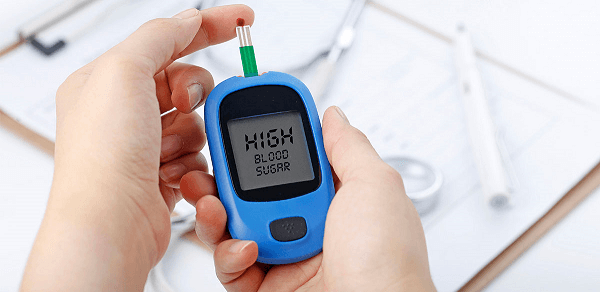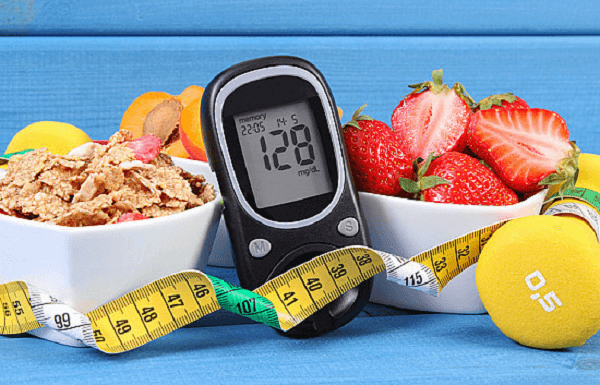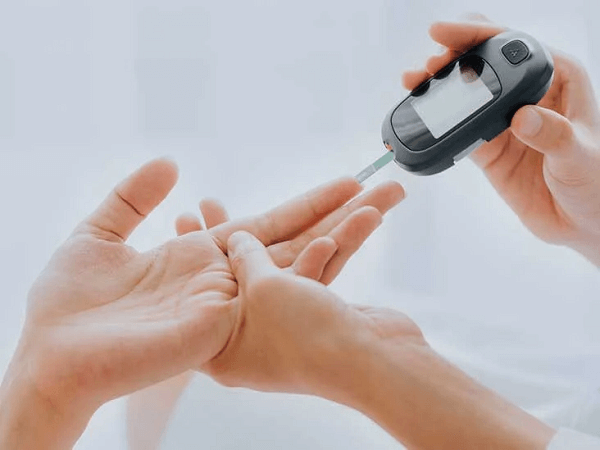DiabetesDiabetes results when your body cannot utilize glucose from the blood as a source of energy. Glucose comes from carbohydrates we eat, and once cells cannot use the glucose present in the bloodstream, it accumulates there. The blood sugar level increases in abnormal amounts. 
Carbohydrates from the food are converted into glucose. The glucose is transported to different body parts through blood and is a major energy source for properly working tissues, muscles, and the brain. Glucose is an energy fuel that helps generate ATP for the body. All the conditions related to glucose utilization by the body cells are diabetes mellitus. One body hormone, insulin, controls blood glucose regulation by facilitating glucose uptake by cells or tissues from the bloodstream. When insulin does not function properly, the glucose cannot reach the tissues and gets accumulated in the bloodstream. Types of Diabetes -Diabetes is classified into different types:Type 1 diabetes occurs due to the body's mistake; therefore, this type of diabetes is caused by an autoimmune reaction. In type 1 diabetes, the body's machinery is affected such that it does not produce insulin. Since the body's working is damaged, there is no proper cure for it. If you have type 1 diabetes, you will have to take a daily dose of insulin from outside to regulate glucose in the body properly. Type 2 diabetes results when the cells of the body cannot utilize the insulin produced by the body. Most people with diabetes ( around 95%) are diagnosed with type 2 diabetes. Other types of diabetes are - prediabetes, gestation diabetes, cystic fibrosis-related diabetes, drug-induced diabetes, and monogenic diabetes. 
What are the symptoms of diabetes?Some of the common symptoms shown by people suffering from either type 1 or type 2 diabetes are:
What are the most common causes of diabetes?Causes of type 1 diabetes:
Causes of type 2 diabetes:

What are the risk factors for diabetes?In the case of type 1 diabetes, children and teenagers have a major risk of developing diabetes. On the other hand, many risk factors can result in a person developing diabetes. Some of them are:
When to see a doctor for diabetes?If you find any of the following symptoms, you should consult the doctor as soon as possible and get the required tests done.

What are the possible ways to treat diabetes?The treatment of diabetes depends on which type of diabetes you are suffering from, the body's conditions, and blood glucose levels. Different treatments are available for type 1 and type 2 diabetes. These include:
ConclusionYou have many options for preventing diabetes (except Type 1 diabetes). Visit your doctor, however, if you or your child have diabetes symptoms. Diabetes can be treated and managed more quickly if discovered and treated early. Your chances of living a long, healthy life increase with how well you can control your blood sugar level. |
 For Videos Join Our Youtube Channel: Join Now
For Videos Join Our Youtube Channel: Join Now
Feedback
- Send your Feedback to [email protected]
Help Others, Please Share










